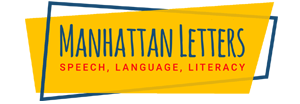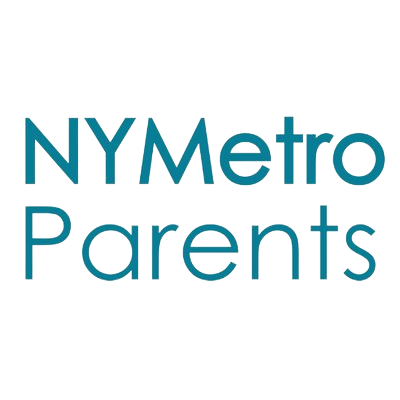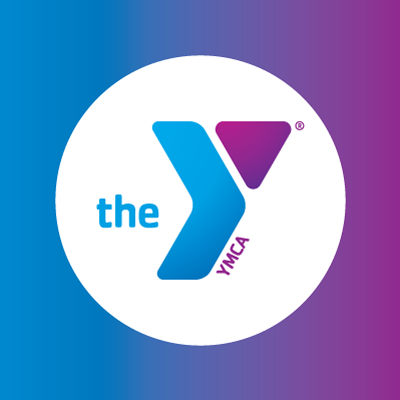MANHATTAN, NYC READING LITERACY DECODING SPELLING ASSESSMENT EVALUATION

MANHATTAN, NYC READING LITERACY DECODING SPELLING ASSESSMENT EVALUATION

WE TRAVEL TO THE FOLLOWING MANHATTAN NEIGHBORHOODS
We also travel to:
Before a child learns to read and write, he or she must first become phonologically aware. This means being able to grasp that words are made up of smaller units of sounds or phonemes. Phonological awareness enables us to break down words into smaller sounds and construct entire words using those sounds. By making associations between each letter and its corresponding sound, we acquire the ability to read. Children must understand that there is a correlation between letters and sounds in order to master sound-symbol association. Reading and writing require decoding and encoding skills. This means a child must master both the visual-to-auditory relationship between letters and sounds (decoding/reading) and the auditory-to-visual relationship (encoding/writing).
The Five Pillars of Reading emphasize the importance of phonemic awareness and phonics in developing foundational literacy skills in young learners. When a child understands that words are made up of and can be broken down into phonemes, then he or she has gained phonemic awareness. In other words, phonemic awareness is the ability to hear, identify, and manipulate the sounds we hear in words. On the other hand, phonics refers to the understanding that printed letters or graphemes represent sounds. When children have gained mastery of phonics, they can sound out new or unfamiliar words on their own. Learn what reading levels are and the different reading levels between age groups. Discover the importance of the test for reading levels and some common assessment methods used to determine reading levels.
We offer a wide range of literacy assessments provided by our literacy specialists and staff. Based on your child’s needs, we will determine which assessment tools work best for your child. These evaluations are offered remotely and in person. Through these assessments, we can identify the decoding (putting written sounds together) and encoding (breaking apart sounds in words) strengths and areas of growth for each student and measure phonemic awareness, fluency, accuracy, and comprehension.
With early readers, literacy teachers focus on letter and sound identification in isolation and within words. Students will identify initial, medial, and final sounds in various single and multi-syllabic words. They are also asked to read so teachers can check for fluency, expression, prosody, and word accuracy. Our specialists also take a closer look at spelling by giving students a list of words that fall under these categories, decodable words (words that follow the spelling rules), nonsense words (words that follow the spelling rules but are made up), and sight words (words that do not follow the spelling rules). Our reading specialists then create a plan for how to help each student improve his or her spelling.
Additional literacy assessments can be conducted by our language pathologists/therapists if the child is experiencing expressive and receptive language difficulties and reading comprehension difficulties when decoding skills are intact. Some children who display literacy weaknesses also experience delays in their expressive or expressive/receptive language skills (sometimes referred to as language processing skills).

For literacy tutoring by our literacy teachers, a non-therapeutic service, we need up-to-date goals. Literacy tutoring performed by our literacy specialists is not eligible for insurance reimbursement.
If the literacy intervention cannot be justified by an ICD-10 code, the literacy intervention is considered educational and can be performed by our literacy teachers. New York State believes the ICD-10 code for dyslexia is educational (learning) and not as a Communicative Disorder, e.g. Language Disorder. One day New York State will update its position on dyslexia. Please note that most neuropsychological evaluations do not include decoding and encoding (spelling goals); they mention the need for decoding and encoding intervention. If literacy goals are not included in the neuropsychological evaluation, our first session(s) will include creating these goals. Also, many schools use their methods or commercialized products for creating literacy goals. Unfortunately, some of these tools are not up-to-date with current scientific standards (it’s Corporate America ). Fortunately, we use up-to-date assessment tools to reliably identify where your child needs help. Overall, you are in good hands with us, and we will guide you along the way!
If you have up-to-date evaluations/assessments and goals, you can most likely skip reading the rest of this page.
Common Core English Language Arts (ELA) Standards & Worksheets
Literacy Specialists
We travel to you and we also offer remote services. Our Literacy Specialists work on decoding, encoding (spelling), reading comprehension, and writing skills.
Literacy EVALUATIONS & ASSESSMENTS (Home, School) Performed by Literacy Specialists/Teachers
Decoding & Spelling Assessments
- Approximately $300 Decoding and Spelling (Encoding)
These assessments include at least a one-hour in-home visit where we meet you and your child, review previous assessment and evaluation reports, testing, etc., and within ten business days a 1.5 to 3-page report with professional impressions, recommendations, and goals (if services are recommended) will be provided. These evaluations are not diagnostic in nature and are best for tutoring purposes for creating decoding and spelling goals. Low test scores will indicate that the parent should follow up with a psychologist for additional testing (we can recommend them to you!). Our Literacy Teachers cannot produce ICD-10 codes as they are not licensed therapists.
- Approximately $500 Full Literacy Assessment (for phonological awareness, phonics, spelling, fluency, and reading comprehension)
These assessments include at least a 90-minute in-home visit review of previous assessment and evaluation reports, testing, etc., and within ten business days, a 3 to 5-page report with professional impressions, recommendations, and goals (if services are recommended) will be provided. These evaluations are not diagnostic in nature and are best for tutoring purposes for creating decoding and spelling goals. Low test scores will indicate that the parent should follow up with a psychologist for additional testing (we can recommend them to you!).
- Private neuropsychological evaluation starting at $5,000-6,000
The nature of the Reading Literacy Decoding Spelling Assessments is for tutoring purposes only. The literacy assessments performed by our qualified staff are effective for creating targeted literacy goals, not for identifying diagnosed learning disabilities related to literacy. If a diagnosis is needed for documentation to support a 504 Plan or an IEP, we will need to refer out to an appropriate out-of-pocket neuropsychologist for a neuropsychological evaluation and potential diagnosis. We work with the top local neuropsychologists and are happy to personally introduce you to them for a free consultation. Please note that these private neuropsychological out-of-pocket evaluations cost an average of $5,000-6,000. We have also compiled a list of low-cost neuropsychological evaluations.
Some children who display literacy weaknesses also experience delays in their expressive or expressive/receptive language skills (sometimes referred to as language processing skills). These children may show signs of a language disorder, so we can provide speech-language evaluations by licensed language pathologists who diagnose and treat students with language weaknesses. Click here to read about How to Get a Dyslexia Diagnosis for Your Child.
Our online literacy assessments assess phonological awareness, foundational literacy skills, and writing for kindergarten through 12th grade. Our literacy assessments take approximately 1 ½ – 2 hours to administer and are divided into two sessions. A high-quality literacy assessment provides detailed information about the specific literacy needs of your child.
FREE CONSULTATION!!!
Call: (347) 394-3485,
Text: (917) 426-8880
Email: [email protected]
(we respond to email right away!)




















